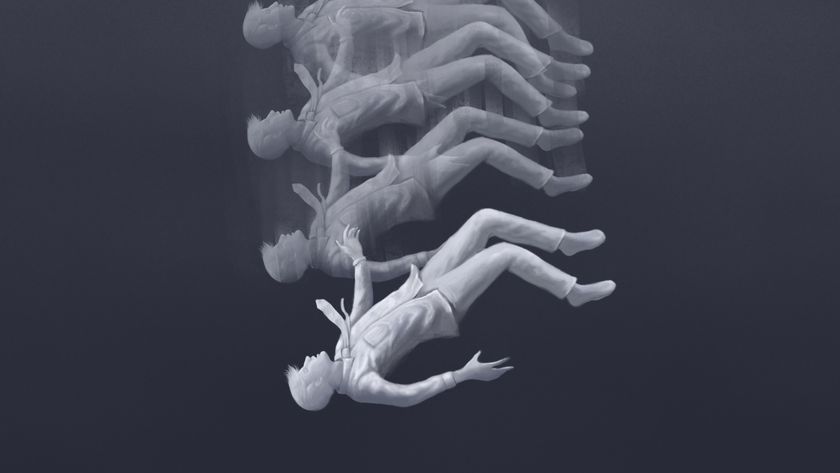Daydreaming Your Stress Away Will Probably Backfire

When you mentally prepare yourself for a stressful event — like confronting your boss, or getting into a fight with your partner — do you fantasize that the problem could just disappear? Or, do your thoughts turn more toward the steps that you need to take to make it go away?
How you cope with stress before it happens could affect how you feel the next day, a new study suggests. Some strategies, like daydreaming about the problem fixing itself, might make you feel worse.
"What you do on Monday really makes a difference for how you feel on Tuesday," study author Shevaun Neupert, an associate professor of psychology at North Carolina State University, said in a statement.
In the study, researchers looked at 43 adults, mostly women, between ages 60 and 96. The participants filled out a daily diary for nine days, answering questions about their mood, physical health, the stresses they expected face in the near future and how they were preparing for those stresses. [11 Tips to Lower Stress]
For example, the participants were asked, "How likely is it that you will have an argument or disagreement with someone within the next 24 hours?" Then, they had to rate how likely they were to use particular coping strategies to deal with that looming fight.
The researchers broke down the coping strategies into four categories: problem analysis (such as actively thinking about why the problem is happening); plan rehearsal (thinking about the steps needed to arrive at a solution); stagnant deliberation (dwelling on the issue without making progress on it); and outcome fantasy (daydreaming that the problem would somehow fix itself).
They found that people's coping behaviors changed from day to day, depending on the context of the stress they were dealing with (for example, whether it was a work-related stress or household stress).
Sign up for the Live Science daily newsletter now
Get the world’s most fascinating discoveries delivered straight to your inbox.
"The findings tell us that one person may use multiple coping mechanisms over time — something that's pretty exciting, since we didn't know this before," said Neupert.
The researchers also found that the study participants who engaged in the strategies of "outcome fantasy" and "stagnant deliberation" when they thought about potential arguments more likely to be in a worse mood and report more physical health problems the next day. Meanwhile, "problem analysis" and "plan rehearsal" didn't seem to affect well-being the following day.
The authors emphasized that this was a pilot study and that their results need to be replicated with more participants. But the initial findings hint that further research could offer people better strategies to deal with stressful events.
"The more we understand what's really going on, the better we'll be able to help people deal effectively with the stressors that come up in their lives," Neupert said.
The findings were published online Feb. 13 in the Journal of Gerontology: Psychological Sciences.
Follow Megan Gannon on Twitter. Follow us @livescience, Facebook & Google+. Original article on Live Science.












